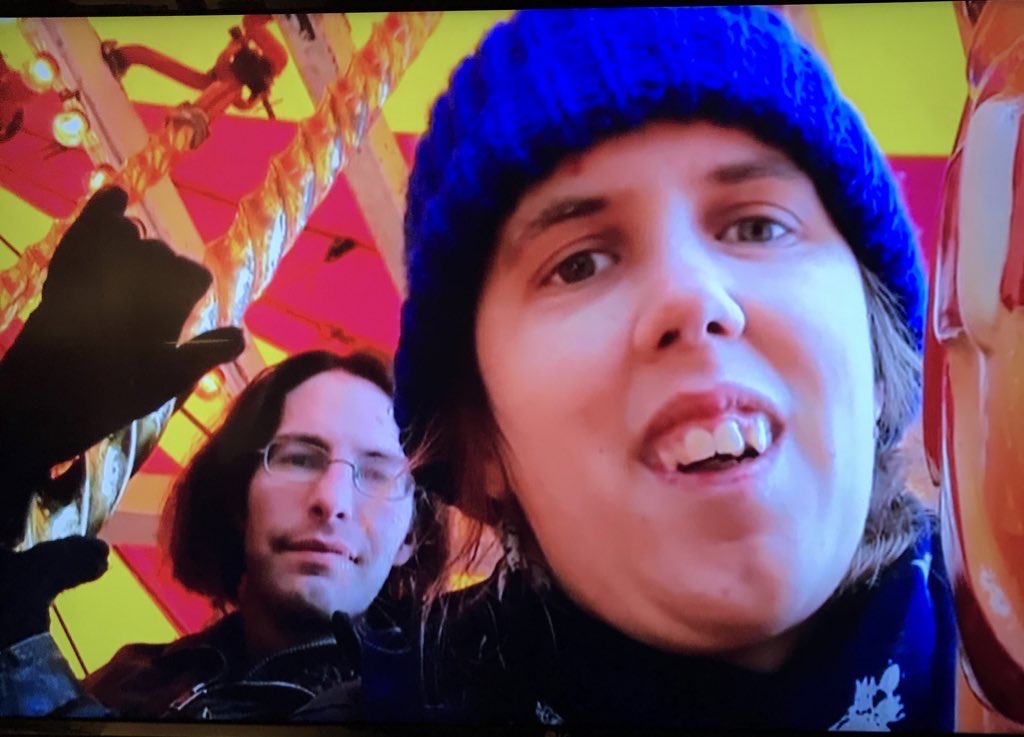
Clinical trials are essential for testing new treatments for metastatic breast cancer. For patients, they represent hope – the chance to get access to a new potential treatment before it is licenced. However, accessing clinical trials can be challenging: many trials are restricted to certain locations and have restrictive exclusion criteria (for example only accepting patients on a certain treatment line or without brain metastases). There’s also a lack of comprehensive information about metastatic breast cancer trials in the UK, with patients relying on their oncologist being informed of the latest developments.
Kit Dzeryn, one of METUPUK’s patient advocates, wrote about her struggles to get onto a clinical trial last year:
“It shouldn’t be this hard”. That was a comment on my Twitter thread about trying to get on a clinical trial for metastatic breast cancer. It’s a comment I agree with 100%.
Clinical trials are how new cancer treatments get tested and eventually (hopefully) approved as standard treatments. In other words, if we don’t have clinical trials, we don’t have new treatments. So, they are really rather important. I’ve been on one clinical trial. It kept my cancer under control for 2 whole years. I’m now trying to get on a 2nd trial. But it is really hard and that difficulty is killing people who could benefit from new drugs.
I’ve seen so many physicians, researchers and charities talking sadly about the failure of patients to sign up for trials. They ask why certain groups aren’t signing up and shrug in confusion. The trial I’m trying to join needs to recruit 26 people in the UK. You’d think with 31 British people a day dying of metastatic breast cancer that it would be easy to fill those slots. In fact, surely people are being turned away in their 1000s? Instead, it will probably take months if not years to recruit the lucky 26. I find out next week if I’m one of them.
To try and join this trial I’ve had to (so far):
– Travel 1250 miles to and from appointments
– Spend over £700 on fuel, train tickets and hotels – I’ll get paid back eventually if I get on the trial, but I needed to have the money upfront which not everyone has
– Have 3 scans – a bone scan, a CT and a head MRI
– Be off treatment for 7 weeks
– Have 4 ECGs and an echocardiogram
– Have a lung function and an eye test
– Visit 3 different hospitals
– Give 14 test tubes of blood in one go
Even after all of that I’m not guaranteed to get the trial drug. It’s a randomised trial. That means half of the people that pass all the tests will get the trial drug. The other half get a standard of care drug aka “physicians’ choice”. That’s the comparator group that the drug company can point at and go “look how much more quickly these people died without our drug”. It’s a tough lottery of life and luck on a clinical trial.
I’m lucky and privileged. I’m able to advocate effectively for myself, I have a kind employer, a nice car and a husband who can drive. I also have savings. Without any of these things a trial would be out of my reach, all because my local oncology unit offers NO metastatic breast cancer trials. How many people are excluded by geography? And that’s not even counting the trial prerequisites such as passing all the tests and having the right amount of cancer in the right place. Too much or too little cancer and no trial for you!
Plus too many oncologists and charities treat trials as if they are a last resort. Patients work through standard treatments only to find they are over treated and have had too many drugs to qualify for a trial. Or that their bodies are too weak for the trial. It breaks my heart when I hear of people in that circumstance.
But if you can jump through all the hoops, trials can offer miracles, hope and time. One day a cure for metastatic breast cancer will be in trials. But with all of the obstacles to joining a trial is it any surprise that they struggle to fill the spaces? To me as I audition for my 2nd trial, the biggest miracle is that anyone makes it onto a trial. That has to change or drugs will continue their slow crawl through trials as the patients who could have benefited from them die.”
Kit did manage to get onto the trial in the end but was assigned to the standard-of-care/comparator arm. Unfortunately, the standard-of-care treatment was only effective against her cancer for 10 weeks before she had to move onto the next treatment line.
Sadly, earlier this week Kit’s husband Phillip shared the shocking and devastating news that Kit had died. This highlights why METUPUK campaigns for better and fairer access to clinical trials for metastatic breast cancer patients in the UK.
We demand change.
METUPUK
